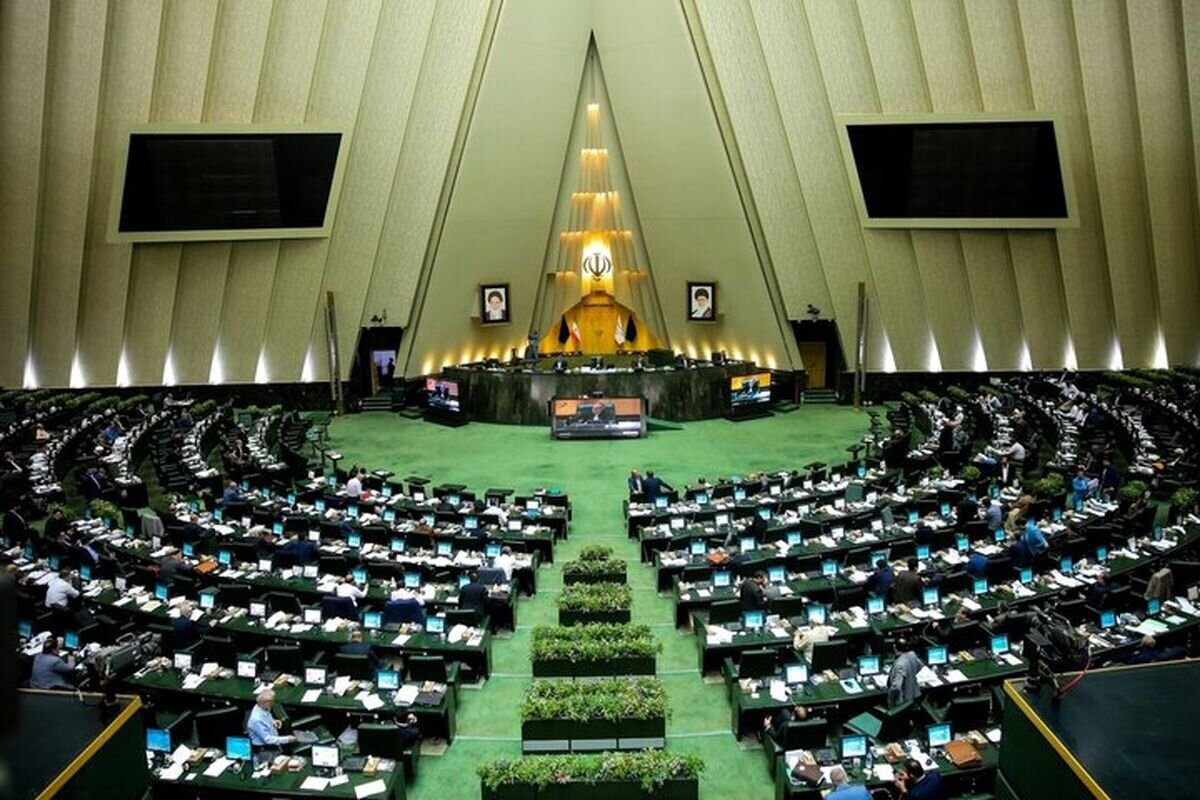Lawmakers urge stronger coordination on nuclear issue in meeting with SNSC secretary

TEHRAN – Members of the Iranian Parliament’s National Security and Foreign Policy Committee met with Ali Larijani, Secretary of the Supreme National Security Council, on Tuesday to discuss a range of pressing issues, including the future of the nuclear program, regional dynamics, and the situation of Iran’s strategic islands.
Committee spokesman Ebrahim Rezaei told reporters that during the meeting, lawmakers stressed the need for a firm response to Western non-compliance over the nuclear file and called for a redefinition of Iran’s role in regional equations. He said parliamentarians also voiced concern over the weakening of certain national institutions and urged swift measures to address the hardships facing vulnerable social groups and deprived regions. Housing problems and the importance of Bumusa Island were also highlighted.
According to Rezaei, the meeting further addressed the situation in Afghanistan, the failure of past negotiations, the importance of national unity, and the need for guiding public opinion through responsible media engagement. He noted that the head of the parliamentary committee underlined the necessity of continuous interaction and coordination between the Parliament and the Supreme National Security Council. Larijani, for his part, emphasized the importance of safeguarding national solidarity and strengthening social cohesion.
The discussions come amid growing calls in parliament for Iran to reconsider its membership in the Nuclear Non-Proliferation Treaty (NPT). Rezaei revealed on Monday that around 15 separate proposals have been submitted to the committee urging withdrawal in response to the European trio’s (Britain, France, and Germany) decision to trigger the “snapback” mechanism. He said the committee has consolidated the proposals into a single draft, though it has not yet been placed on the Parliament agenda.
“The unlawful action of the three European countries has led many lawmakers to submit withdrawal proposals,” Rezaei said, stressing that while the committee has reached a conclusion on one draft, no final parliamentary decision has been made.
The controversy stems from the 2015 Joint Comprehensive Plan of Action (JCPOA), in which Iran accepted limits on its nuclear program in exchange for sanctions relief under UN Security Council Resolution 2231. The resolution also set October 2025 as the deadline for the permanent lifting of nuclear-related restrictions.
Iran has long argued that the U.S. failed to honor its commitments, even before Washington withdrew from the agreement in 2018 under then-President Donald Trump and re-imposed sweeping sanctions. After waiting more than a year for Europe to offset the U.S. withdrawal, Tehran gradually reduced its compliance with JCPOA limits, insisting its actions were lawful under the deal and reversible if sanctions were lifted.
On September 19, the 15-member Security Council failed to adopt a resolution that would have prevented the re-imposition of UN sanctions on Iran after the E3 triggered the snapback mechanism and accused Tehran of failing to comply with the JCPOA.
A subsequent resolution, which sought to grant a six-month extension to both the JCPOA and Resolution 2231, also failed to pass at the Security Council on Friday.
Tehran has repeatedly dismissed the move as illegitimate, arguing that Washington forfeited any legal authority to invoke JCPOA mechanisms after walking away from the agreement.
Leave a Comment